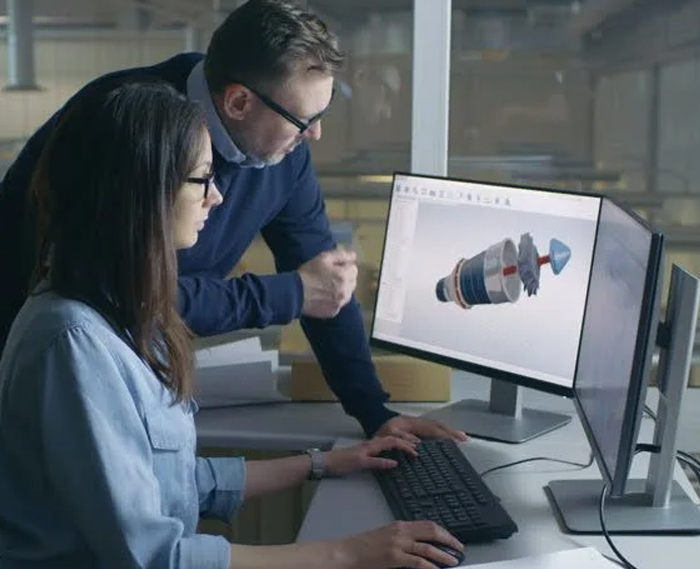
How Our R&D Tax Specialists Can Help
At DAAFL, our R&D tax specialists have been helping businesses to claim R&D tax relief since 2001. In that time, we’ve helped hundreds of businesses claim back over £10m.
We’ll work with you to identify any investment or projects that may be eligible for R&D tax relief.
Our R&D tax specialists will help you identify qualifying costs and allocate them correctly.
We’ll draw up a report that explains your investment and justifies your tax relief claim.
Our experts will fill in the paperwork and prepare it for submission to HMRC.
We’ll be on hand at every step to help you with any queries and ensure the claims process goes as swiftly and smoothly as possible.
R&D Tax Credit FAQs
R&D tax credits is a tax relief scheme for companies involved in research and development (R&D). It aims to encourage investment in innovation by allowing businesses to reclaim some of the money they spend on eligible R&D expenditure.
There are two schemes available: the SME R&D tax incentive scheme for small companies employing fewer than 500 people, and the Research and Development Expenditure Credit (RDEC) for large companies with more than 500 staff.
Under the small business scheme, the tax relief can be as high as 130%. Loss-making businesses have the option to surrender some of the losses in return for a payable cash credit from HMRC. Tax relief for the large company scheme is 30%.
Virtually any kind of business can apply for R&D tax relief. You don’t have to be an obvious R&D intensive industry like technology, manufacturing or pharmaceuticals. As long as you are spending money developing new products, processes or services; or enhancing existing ones.
You might run a web design agency, a bakery, an IT company or a financial services firm – as long as you are trying to make something better and not quite sure you’ll be successful, there’s a good chance you will have some qualifying expenditure that will allow you to claim tax relief and get some money back.
The amount you can claim back depends on what type of qualifying expenditure you have.
SMEs can claim up to 33p for every £1 spent on qualifying R&D activities. The average claim is £57,000 (2018-19).
Large companies can claim up to 11p for every £1 spent, with an average claim of £632,000 (2018-19).
In total, over £7.4 billion in tax relief was reclaimed by businesses in the tax year 2019/2020 alone.
Based on HMRC’s definition of a qualifying project, the project must “seeks to achieve an advance in science or technology [through] the resolution of scientific or technological uncertainty”.
One of the most crucial qualification criteria to understand is the success of the project. There is no requirement for the project to be successful. The reality is with Research & Development, you are not always going to make improvements instantly with most innovations having to go through several round of failure before they get it right. This means that even R&D Projects that aren’t successful may qualify, as they ‘seek’ to achieve improvement.